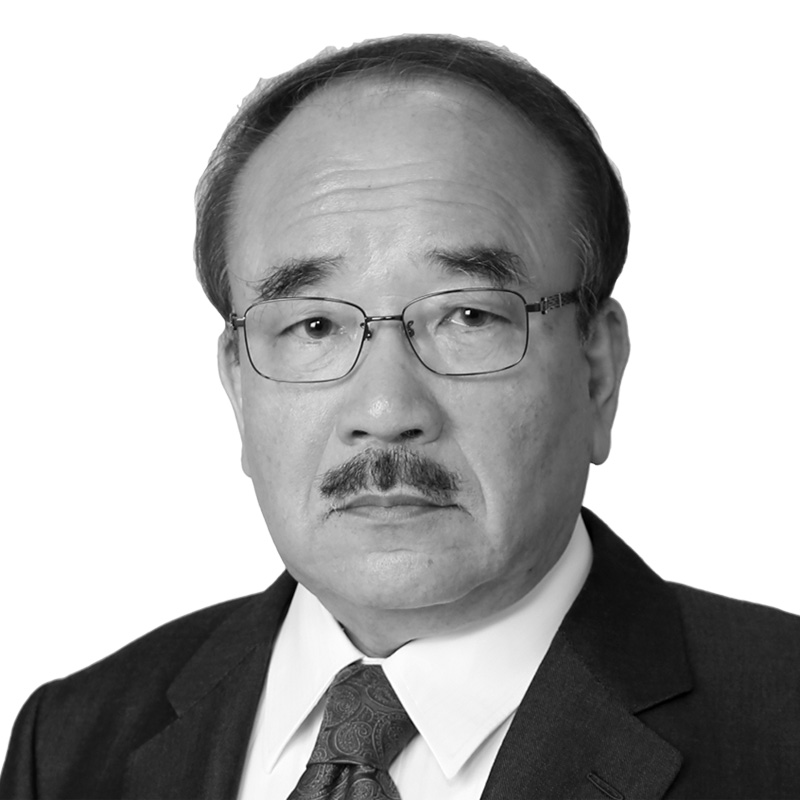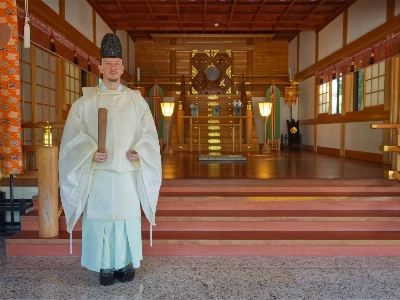
Meta
Takamitsu Sawa
Oct 17, 2011
Jul 12, 2011
Jun 20, 2011
May 10, 2011
Apr 18, 2011
Feb 21, 2011
Jan 17, 2011
Nov 16, 2010
Sep 14, 2010
Aug 16, 2010
Jul 19, 2010
Jun 9, 2010
May 10, 2010
Apr 13, 2010















